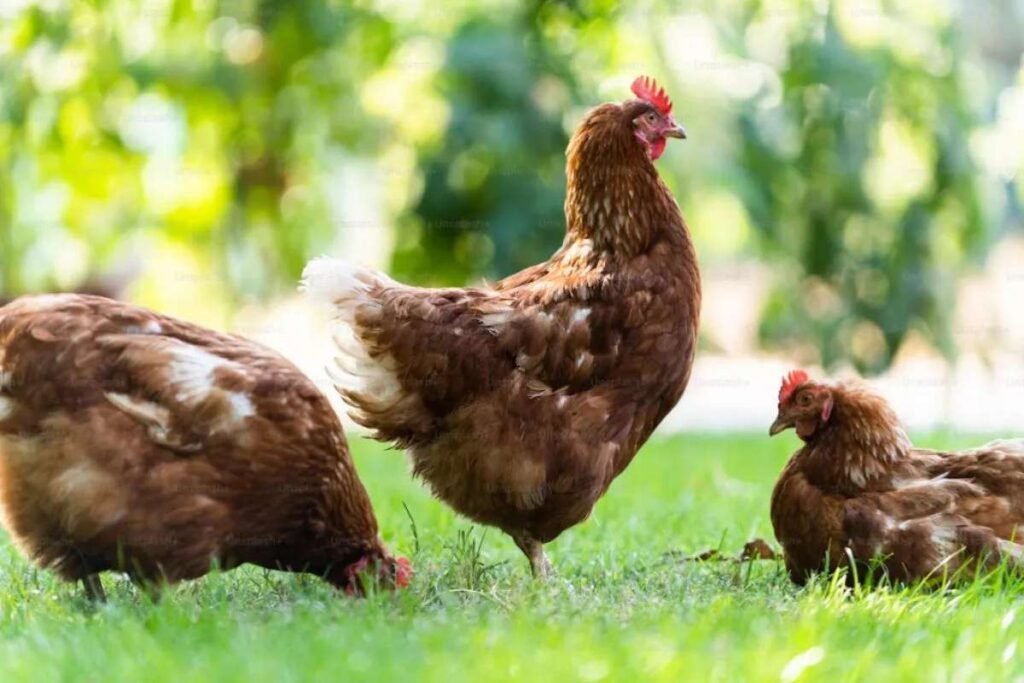Avian influenza cases are increasing across South West England, with the latest outbreak confirmed at a poultry premises near Exminster, Devon. Authorities have introduced new restrictions, including a three-kilometer protection zone and a ten-kilometer surveillance zone, to contain the spread of the highly pathogenic H5N1 strain.
The Animal and Plant Health Agency (APHA) confirmed the case on August 31, 2025, marking the second reported incident in Devon within weeks. All poultry at the affected site will be humanely culled as part of standard containment measures.
Expanding Zones and Heightened Biosecurity
The newly designated protection and surveillance zones mean strict controls on the movement of poultry, captive birds, and related products within the affected areas. These measures are intended to reduce the risk of further spread to nearby farms and wild bird populations.
In addition to the targeted restrictions, an Avian Influenza Prevention Zone (AIPZ) for Avian influenza cases remains in force across Great Britain. Under the AIPZ, all bird keepers, from large-scale poultry producers to small backyard flocks, are required to follow enhanced biosecurity measures. These include disinfecting vehicles and footwear, securing feed and water supplies from wild birds, and reporting unusual deaths promptly.
The APHA emphasized that these requirements are critical to protecting both commercial poultry farms and smaller holdings from infection, especially given the heightened risks during seasonal bird migrations. Farmers and bird owners who fail to follow the rules could face fines or enforcement actions.
Regional Impact and Timeline of Cases
The Exminster case follows a series of detections across the South West over the past month. Outbreaks have been confirmed in Cornwall, Dorset, Devon, and Somerset. Specific sites include Lifton near Launceston, Seaton, Tiverton, Dulverton, and Evercreech.
Key recent developments include:
- August 28, 2025: H5N1 confirmed in captive birds near Evercreech, Somerset. A monitoring zone was established, and affected birds were culled.
- August 27, 2025: Restrictions lifted near Dulverton after control measures successfully concluded.
- August 20, 2025: Updated ( Avian Influenza Prevention Zone )AIPZ guidance introduced, requiring stricter biosecurity for game bird rearers and shoot operators.
Authorities warn that the presence of the virus across multiple counties highlights the ongoing risk, particularly in rural and coastal areas where wild birds may interact with domestic flocks.
Economic and Community Concerns
Beyond the immediate health risks to poultry, the outbreaks are raising concerns for rural economies. Poultry farming is a major contributor to the region’s agricultural industry, and movement restrictions can affect trade, supply chains, and local businesses that rely on farming. Game bird shoots, popular in the South West, are also facing tighter controls, adding to the financial impact on landowners and sporting estates.
Small-scale bird keepers are being urged to take precautions just as seriously. Even hobby flocks can act as carriers for the virus, creating further risk for surrounding farms. Local communities are reminded that while the risk to human health remains very low, the economic and agricultural consequences are significant if the virus continues to spread.
Ongoing Vigilance Urged
Experts stress that cooperation from all bird keepers is vital to containing the outbreak. “All bird keepers must follow the stringent biosecurity measures in addition to any local protection or surveillance zone rules,” the Animal and Plant Health Agency ( APHA ) stated.
The agency continues to monitor the situation closely, with surveillance and testing underway in affected areas. Farmers and bird owners are urged to remain vigilant, review their biosecurity protocols, and report any signs of illness immediately.
As the South West manages its latest series of avian influenza cases, the emphasis remains on swift containment, strict adherence to regulations, and prevention of further spread to safeguard both animal health and rural livelihoods.
Also Read :- Animal Apocalypse: Deadly Bird Flu Spreads Across Hundreds of Species from Pole to Pole









